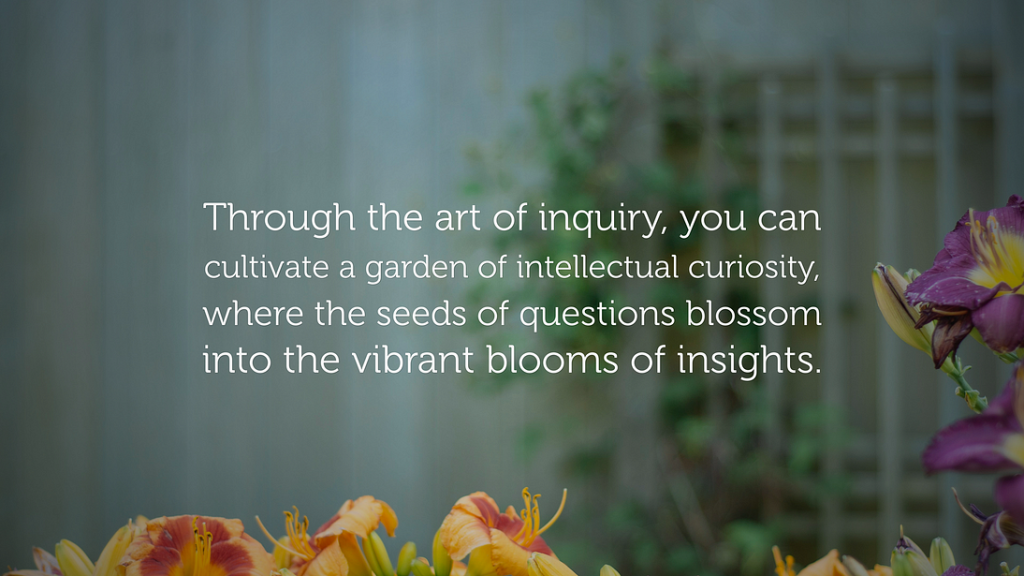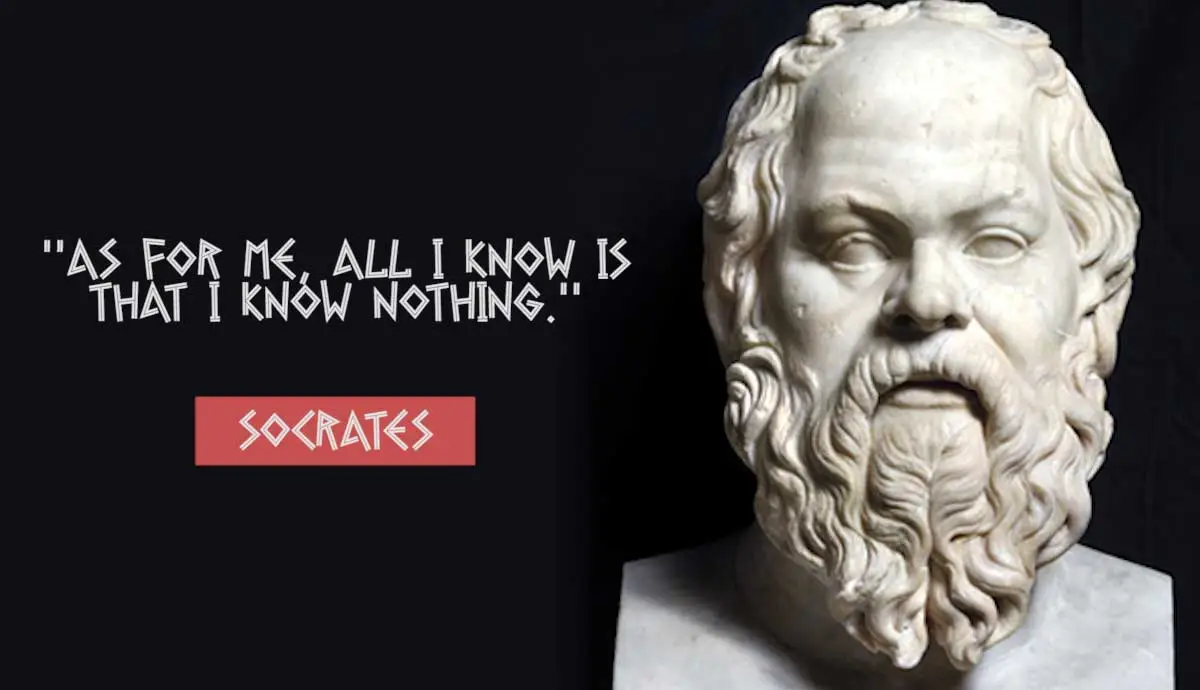The Socratic Method is a way of thinking and learning through questioning—a process that challenges assumptions, deepens understanding, and promotes self-discovery. Used by the philosopher Socrates, this method fosters critical thinking, self-awareness, and better decision-making in everyday life.
Why Use the Socratic Method?
In today’s fast-paced world, we often accept ideas without questioning or make decisions on autopilot. The Socratic method encourages curiosity and reflection, leading to:
Better decision-making – Analyze choices deeply before committing.
Stronger communication – Have more meaningful conversations.
Personal growth – Identify limiting beliefs and reframe them.
Improved problem-solving – Tackle challenges from multiple angles.
How to Use the Socratic Method in Daily Life
1. Question Your Assumptions
Ask yourself:
- Why do I believe this?
- What evidence supports it?
- Could there be another explanation?
Example: You assume you’re bad at public speaking. Question it: Have I truly failed, or is it just a lack of practice? This shift in thinking can unlock confidence.
2. Use Thoughtful Conversations
Encourage deeper discussions by asking open-ended questions:
- Why do you think that?
- What if we looked at this differently?
- What’s the reasoning behind your viewpoint?
This fosters better relationships, empathy, and collaborative problem-solving.
3. Apply it to Decision-Making
When making a big decision, ask:
- What are the possible consequences?
- What assumptions am I making?
- How would I advise a friend in this situation?
Example: Before switching careers, use Socratic questioning to assess whether the desire stems from passion or temporary dissatisfaction.
4. Self-Reflection and Personal Growth
Engage in Socratic journaling by questioning your thoughts and emotions.
- Why did I react this way?
- What deeper fears or beliefs are at play?
- How can I reframe this challenge into an opportunity?
This practice promotes self-awareness and emotional intelligence.
5. Solve Problems Effectively
Break down challenges by asking:
- What is the root cause of this issue?
- What assumptions are limiting solutions?
- Have I considered all perspectives?
Example: Instead of saying, “I’m stuck in my job,” reframe it: “What skills can I develop to create new opportunities?”
Overcoming Challenges in Using the Socratic Method
- Resistance to Questioning? Be patient—change takes time.
- Defensive Reactions? Use curiosity instead of confrontation.
- Superficial Responses? Dig deeper with follow-up questions.
- Time Constraints? Start small—apply the method in brief conversations or journaling.
Final Thoughts: Start Questioning, Start Growing
The Socratic method isn’t about arguing—it’s about learning, evolving, and seeing the world through a sharper lens. When you begin questioning your assumptions, new possibilities open up.
Call to Action:
Try Socratic questioning today! Pick one area of your life—career, relationships, or personal beliefs—and ask deeper questions. Watch how it transforms your thinking and decisions.
Your journey to a more thoughtful, fulfilling life starts now!

